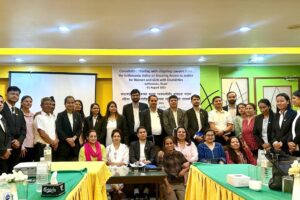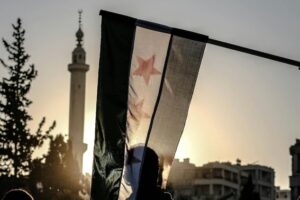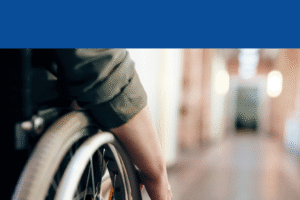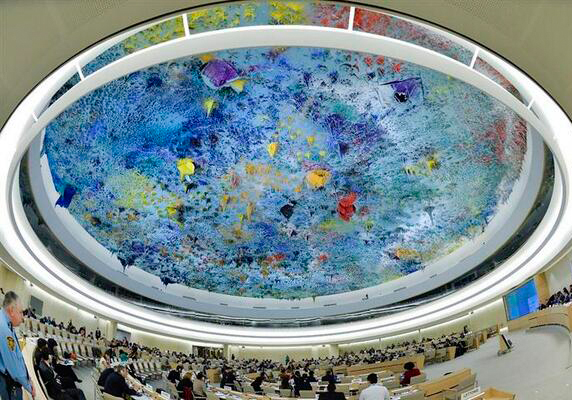
Jun 11, 2012 | Advocacy, Non-legal submissions
The ICJ, together with other NGOs, submitted four documents and oral statements to the 19th Annual Meeting of the Special Procedures of the Human Rights Council.
From 11 to 15 June 2012, the Special Procedures of the Human Rights Council will undertake its 19th Annual Meeting. On behalf of 22 non-governmental organisations, the ICJ addressed an open letter dated 1 June 2012 to the Coordination Committee of the Special Procedures. Building on a Joint Statement produced following the 18th Annual Meeting in 2011, the letter welcomes some positive developments and initiatives, and provides comments or suggestions for improvement on the following topics:
- the communications reports of the Special Procedures;
- the handling of urgent appeals and individual communications;
- non-cooperation by States;
- reprisals against persons who cooperate with the UN;
- the OHCHR compilation of UN information for the Universal Periodic Review;
- NGO briefings conducted in the margins of Human Rights Council sessions; and
- the Special Procedures “facts and figures”.
In an oral statement during the Annual Meeting, the ICJ also drew attention to the recently elaborated Maastricht Principles on Extraterritorial Obligations of States in the area of Economic, Social and Cultural Rights.
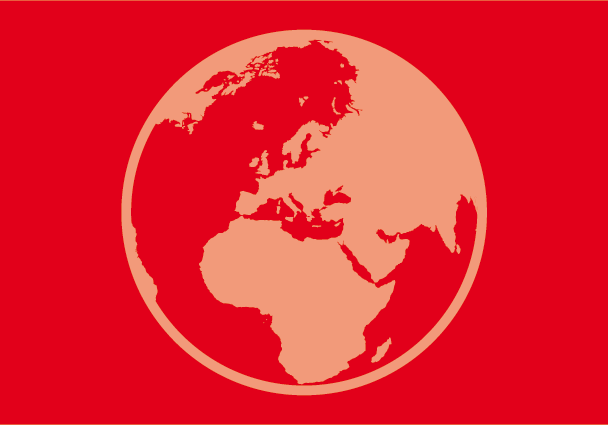
May 8, 2012 | Agendas
From 18 June to 6 July, the UN Human Rights Council will be holding its 20th regular session in Geneva. At a parallel event to the Council’s session, on Thursday 21 June 2012 from 13h-15h, the International Commission of Jurists will be holding a high-level discussion on advancing human rights and business in the work of the Human Rights Council. This event will provide delegations and civil society with a forum to explore ways for further enhancing international standards within the Human Rights Council on the issue of businesses’ human rights responsibilities. The aim is to generate vigorous discussion about the need and options for more international instruments clarifying/enhancing the human rights legal framework applicable to business corporations, in particular in the area of effective remedies.
The meeting will take the format of a moderated panel discussion, with one hour of interventions by expert panellists, and one hour of interactive debate with all participants. Expert panellists will include Professor Marco Sassoli from the University of Geneva, Professor Andrew Clapham from the Geneva Academy of International Humanitarian Law and Human Rights, Mr Michael Addo from the Working Group on the issue of human rights and transnational corporations and other business enterprises, Ms Harriet Berg from the Permanent Mission of Norway to UNOG, and Ms Rachel Groux-Nurnberg from Statkraft AS in Norway. Attendance is open to all delegations and members of civil society with access to the Palais des Nations in Geneva.
Discussion human rights business-agenda-2012 (full text in English, PDF)
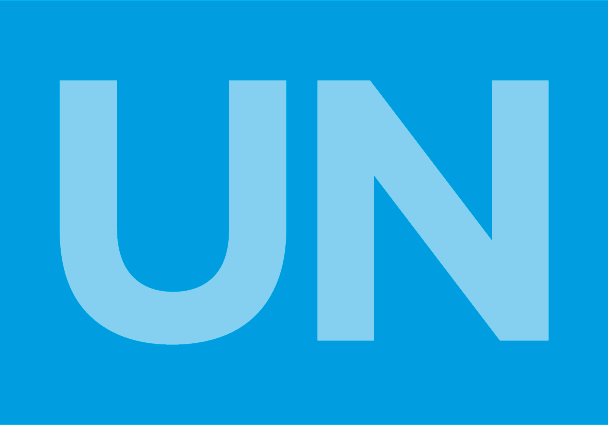
Apr 27, 2012
The ICJ responded to a questionnaire prepared by the Special Rapporteur on the rights to freedom of peaceful assembly and of association.

Apr 24, 2012 | News
 Former Swiss President and newly-appointed Chair of the Martin Ennals Foundation, Micheline Calmy-Rey, today announced the nominees for the 2012 Martin Ennals Award for Human Rights Defenders (MEA). The MEA is the main award of the international human rights movement.
Former Swiss President and newly-appointed Chair of the Martin Ennals Foundation, Micheline Calmy-Rey, today announced the nominees for the 2012 Martin Ennals Award for Human Rights Defenders (MEA). The MEA is the main award of the international human rights movement.
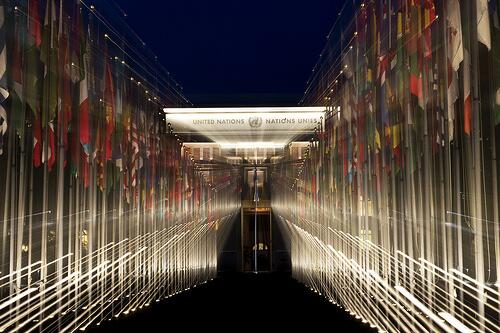
Apr 20, 2012
The submission undertakes a general exposition of standards and jurisprudence, followed by more specific attention to the question of administrative and preventive detention.
Pursuant to the call by the Working Group on Arbitrary Detention – one of the Special Procedures of the UN Human Rights Council – for written information to assist in its deliberations on “the definition and scope arbitrary deprivation of liberty under customary international law”, the ICJ made a submission pertaining to the definition, scope and content of arbitrary detention, under international standards and jurisprudence.
Following an overview of standards and jurisprudence, it focuses on administrative and preventive detention, including in respect of counter-terrorism measures, which has given rise to the most abusive practices by States in respect of the rights to liberty. It also briefly highlights the question of detention of migrants.
Submission working Group detention-analysis brief-2012 (full text in English, PDF)








